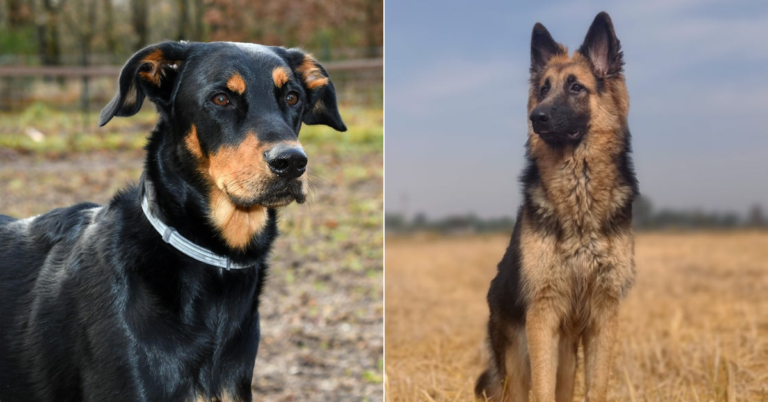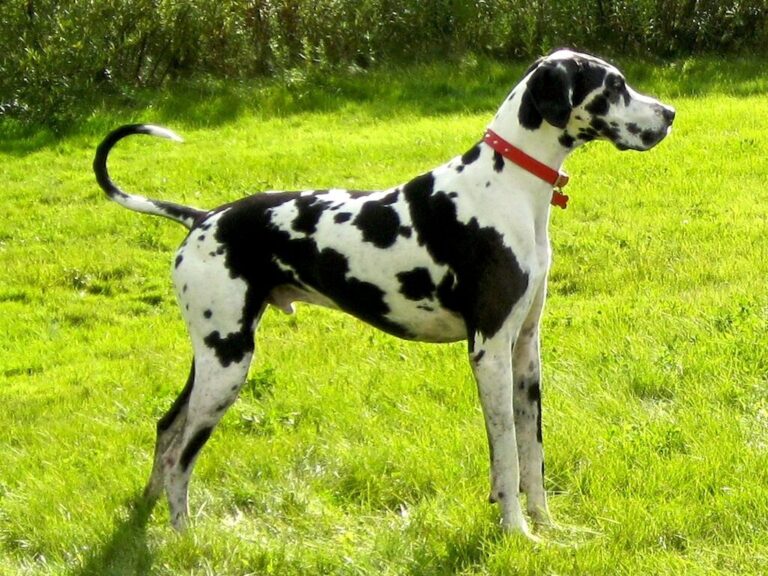10 Dog Breeds That Landlords And Lawmakers Often Say No To

You spot the perfect dog online, but a quick search reveals it’s banned in your area. That’s a heartbreak too many hopeful adopters face. Breed restrictions are real, and they vary wildly. Understanding the rules before you fall in love can save you both trouble and disappointment. Let’s explore which breeds you need to check.
American Pit Bull Terrier
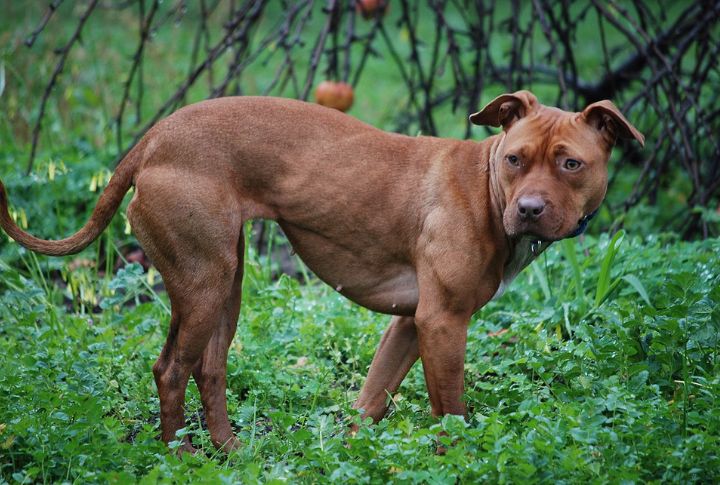
Often misunderstood, the American Pit Bull Terrier faces breed bans in places like Denver, CO, Miami-Dade County, FL, and countless rental properties. Some cities, such as San Francisco, allow them under strict conditions like muzzling. Their strength and energy demand experienced handling and thorough research before adoption.
Rottweiler
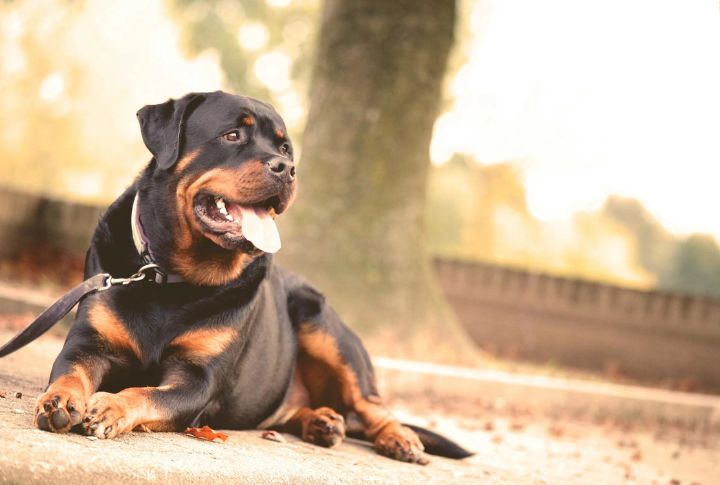
Rottweilers may be loyal protectors, but their powerful presence has led to bans in several municipalities. Known for their guarding instincts, they can raise concern in dense neighborhoods. Research local rules first because what’s welcome in one area may be off-limits just one county over.
Doberman Pinscher
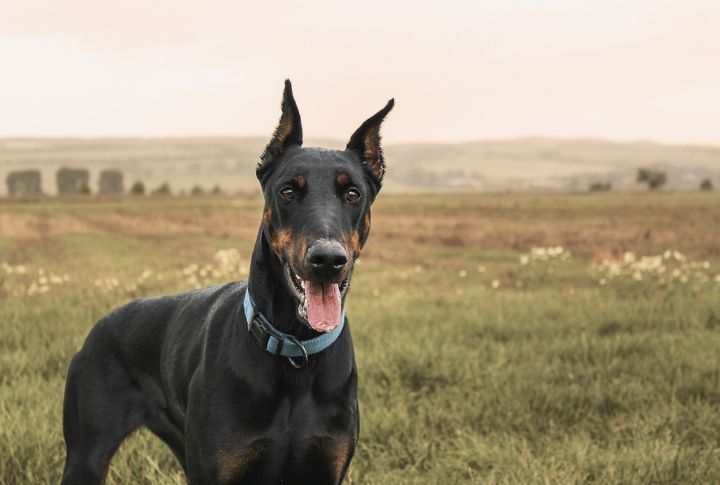
With an alert stance and striking looks, Dobermans carry a reputation for aggression and unpredictability, rooted in their history as guard dogs. Though intelligent and loyal, outdated fears still lead to bans in some towns. Always check with your HOA before bringing one home.
Wolf-Dog Hybrid
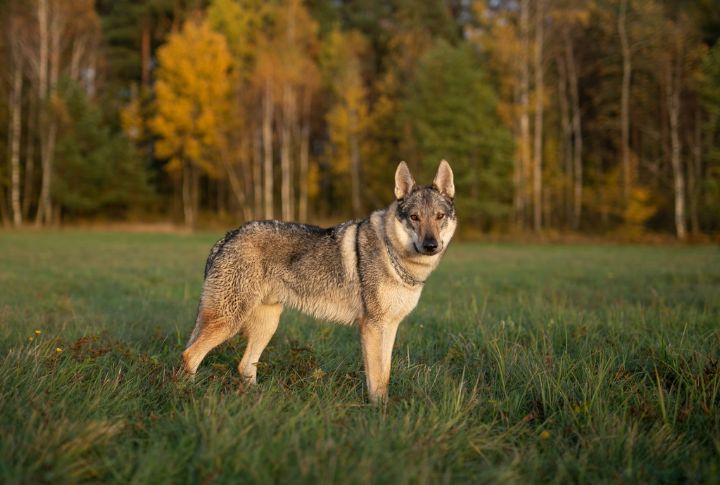
Hybrids of wolves and domestic dogs might sound exotic, but most states place heavy restrictions on ownership. These animals can retain wild instincts, making them unpredictable. If you’re drawn to them, be sure to understand not just legal implications but behavioral needs as well.
Chow Chow
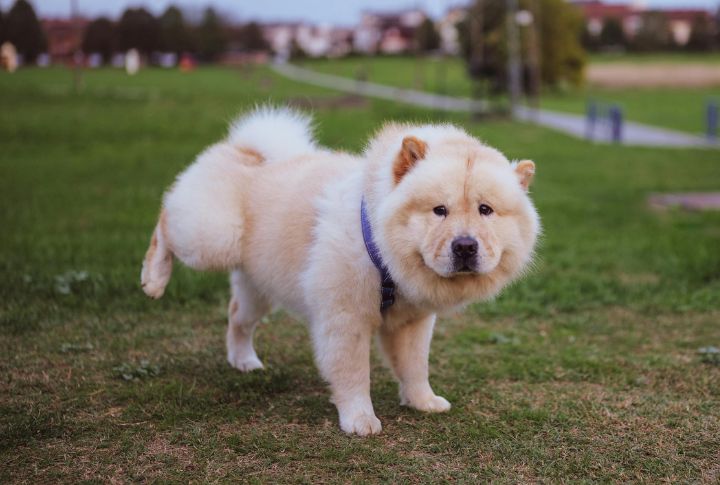
Fluffy yet aloof, the Chow Chow’s lion-like appearance hides a strong-willed nature. Some insurance companies list them as high-risk, which affects both home policies and housing access. It’s best to consult with local authorities and landlords before falling for those teddy bear looks.
Japanese Tosa
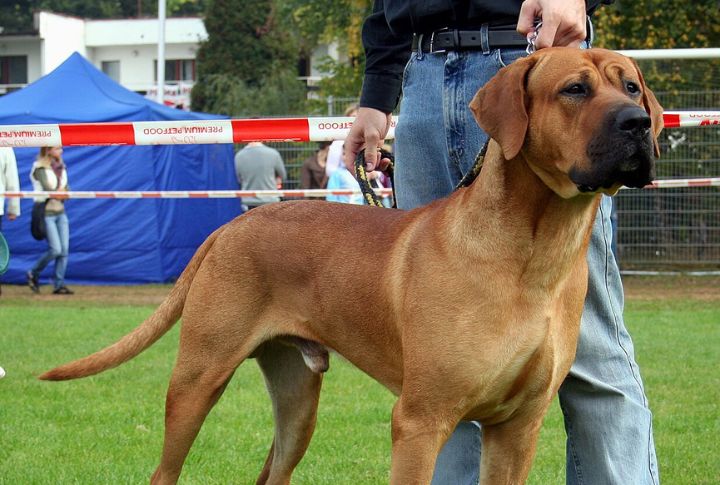
You might admire the Japanese Tosa’s strength and rarity, but its fighting origins come with heavy restrictions. Many places ban the breed outright, citing safety concerns, while others demand permits for ownership. It’s essential to check regulations if you absolutely want one.
Presa Canario
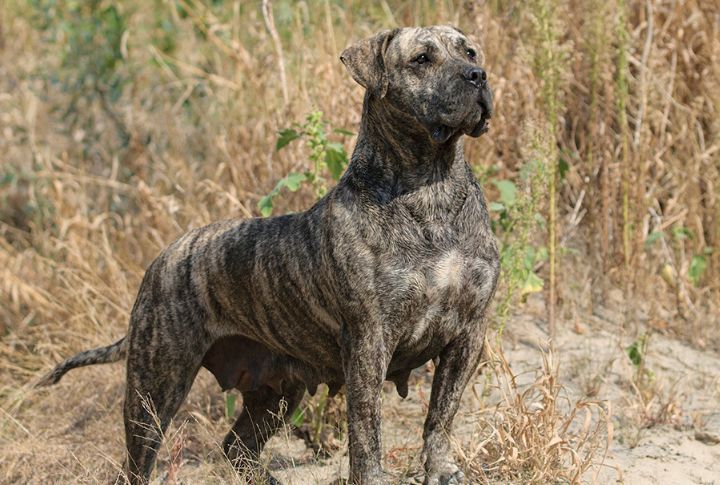
Originally from the Canary Islands, the powerful Presa Canario is known for its guarding instincts, which can sometimes turn dangerous. This reputation has led to breed bans in places like San Antonio, TX, and entire countries like Australia and the UK. They’re also often grouped under broad “pit bull-type” restrictions.
Alaskan Malamute
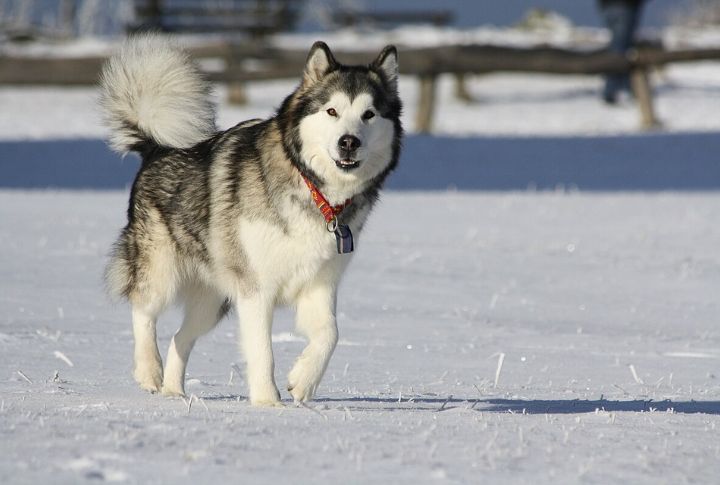
Though they resemble huskies, Malamutes are far more powerful and sometimes mistaken for wolf hybrids. That confusion often contributes to restrictions in areas with strict breed ordinances. Make sure your community understands the difference if you’re considering this working dog with a strong prey drive.
Cane Corso
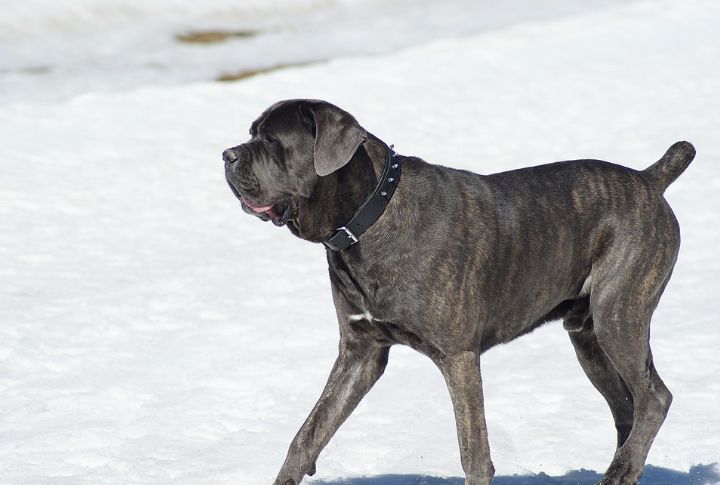
Italian in origin and imposing in presence, the Cane Corso was originally bred as a guard dog and hunter of large game. Their strength, protective instincts, and territorial nature make some landlords and housing authorities wary. It’s smart to check breed-specific policies before falling for their confident charm.
Fila Brasileiro
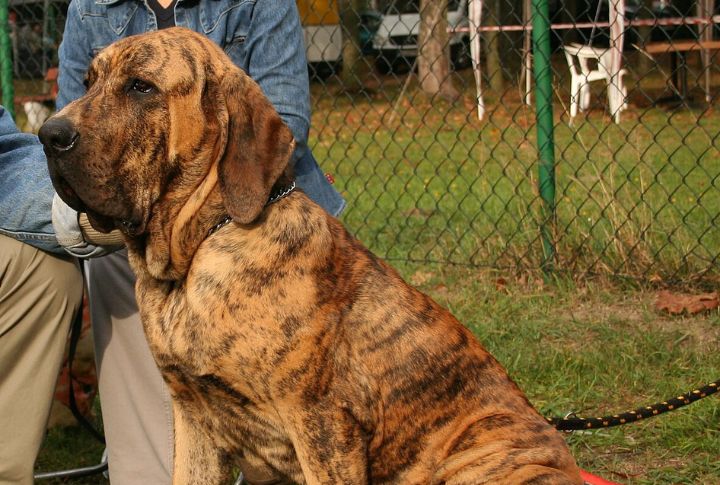
Also known as the Brazilian Mastiff, this rare breed in the U.S. is fiercely loyal but highly distrustful of strangers. Its protective nature led to outright bans in the UK and Norway, as well as restrictions in some U.S. cities. Adopting one often means major legal hurdles.
